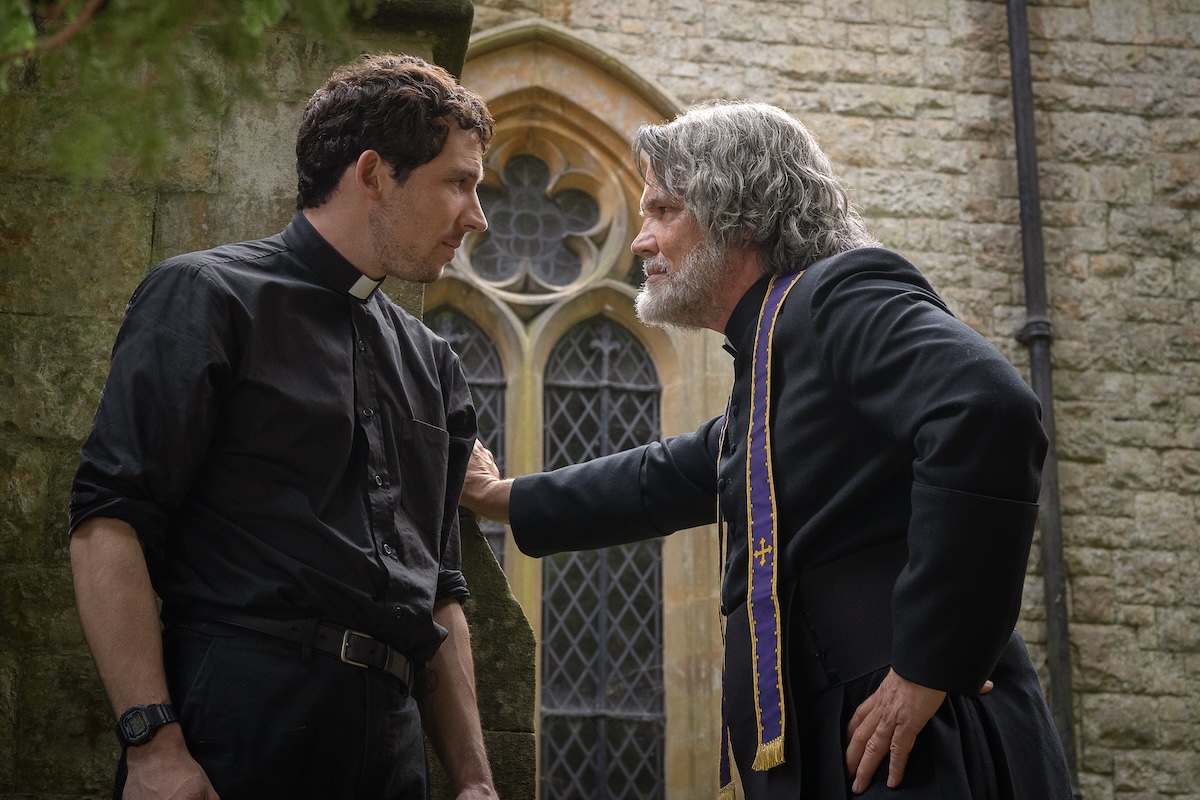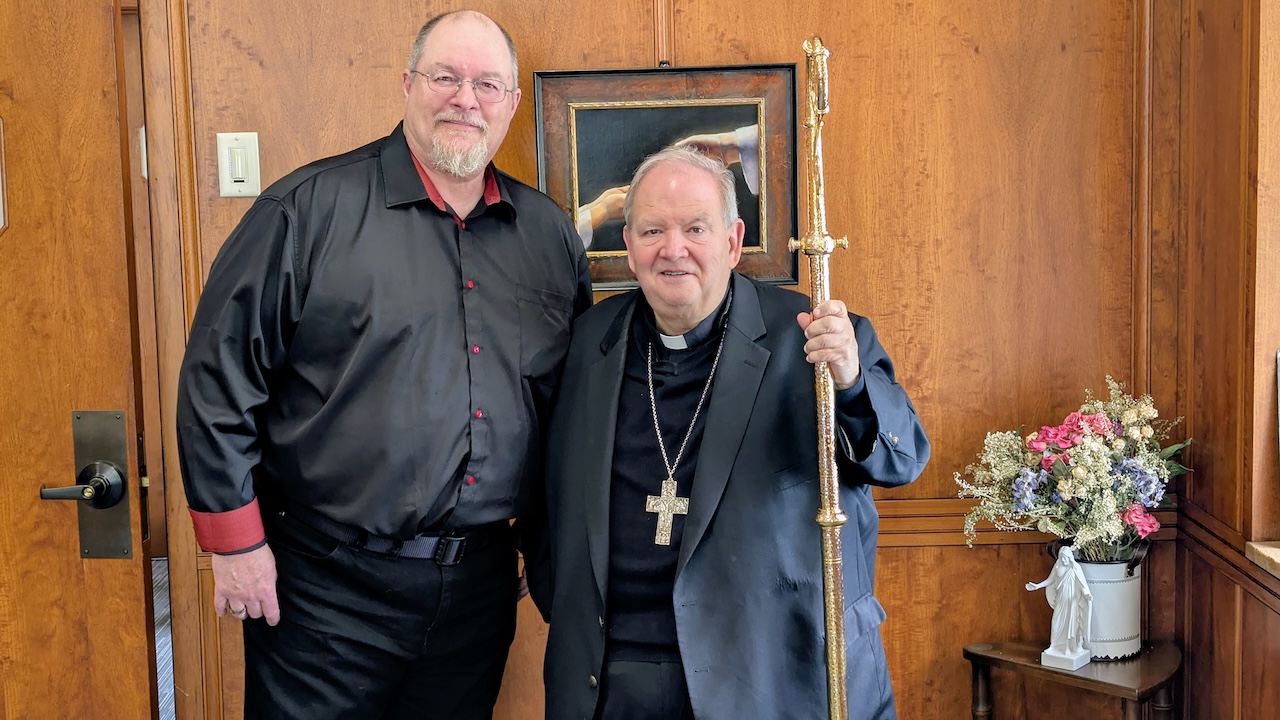Wednesday, June 11, 2025 | 2 a.m.
Gov. Joe Lombardo is reviewing bills from the concluded 83rd legislative session, but some of the most closely watched measures — including his own crime reform initiative — won't be among those under consideration for his signature to become law.
That's because lawmakers ran out of time.
Senate Bill 457, which would have lowered the felony threshold from $1,200 to $750, successfully navigated both legislative chambers only to fall victim to the session's 120-day deadline. The session ended before amendments made in the Nevada Assembly could be heard by the Senate.
Lombardo's crime bill wasn't the only casualty of the time crunch.
A closely watched pair of film tax credit bills backed by major studios never reached a floor vote in the Senate. Meanwhile, Senate Bill 74 — a proposal from the secretary of state's office to change candidate filing procedures — died despite having passed both chambers.
The bill stalled when the Senate ran out of time to vote on amendments made by the Nevada Assembly.
"Governor Lombardo clearly outlined his priorities in his State of the State address, submitted his bills to (Legislative Counsel Bureau) in early February, and met weekly with legislative leadership," said Elizabeth Ray, his spokesperson. "It's unfortunate that many bills were killed at the end of the session because of legislative leadership's lack of time management."
For a handful of legislators, the Senate's final moments were defined by an eleventh-hour proposal and the fierce opposition that followed. Senate Majority Leader Nicole Cannizzaro, D-Las Vegas, moved to designate members to the Legislative Commission for the upcoming biennium — a body that acts on behalf of the legislative branch between sessions. The proposal drew swift objections from Minority Leader Robin Titus, R-Wellington, and state Sen. Ira Hansen, R-Sparks.
The contentious vote came just after the Senate reconvened from recess without Lt. Gov. Stavros Anthony, who later claimed he had been locked out of the meeting. State Sen. Marilyn Dondero Loop, D-Las Vegas, said at the time that Anthony wasn't present and senators were racing against the clock to finish their business.
That "chaotic" conclusion, as Sen. Carrie Buck, R-Henderson, described it, capped a session in which the body passed over 640 bills, with more than 230 already signed into law. The deadline for Lombardo to sign bills into law is Friday.
For Assemblymember Reuben D'Silva, D-Las Vegas, a Rancho High School teacher who sits on the Assembly Education Committee, the final hours of the legislative session included plenty of reading — hence the time crunch.
"We had a massive bill that was dropped on us literally the night before sine die," D'Silva said. "I had to read through that whole thing — it's like 200 pages, and it's very complicated. It's touching upon every single issue you can think of pertaining to education."
The parties are placing blame on each other.
The last piece of Lombardo's priority legislation, an omnibus healthcare bill calling for a state office of mental health, accelerating the licensing process for health care providers and investing millions to increase access to underserved areas, was posted on the Nevada Electronic Legislative Information System on May 15 with less than a month remaining in the session.
The bill never received a vote.
Ray said that the Legislative Counsel Bureau had all five bills by early February, including the crime measure introduced in early April and not given a formal hearing until May 28.
"Legislative leadership squandered valuable time, and they are well aware of their mismanagement and the issues it caused," Ray added.
Now, as both parties are sharing satisfaction in the legislation they were able to push through in 120 days, they're also asking questions about what, if anything, could have prevented the hectic, loaded schedule of the final day.
"I think we should start having more serious conversations about the actual structure of the legislative process," D'Silva said. "I mean, we're a large state, we're a dynamic state. It's difficult to handle the work of the state government in 120 days every two years."
Nevada is one of four states to still hold biennial sessions. Texas, Nebraska and Montana are the others.
During their time working in Carson City, legislators are only paid for the first 60 days — with assemblymembers and newly elected senators receiving around $12,407 and mid-term senators receiving $9,980 for the 2025 session, according to the Legislative Counsel Bureau's Accounting Unit. The daily salary rate hasn't changed since 1985.
Many of the legislature's core structural aspects — like the biennial 120-day convenings with a 60-day maximum for pay — are baked into years of operations. Still, conversations about changing that model emerge every now and then, like a 2019 resolution that proposed a 90-day session in every odd-numbered year and a 60-day term in even-numbered years. It never advanced out of its Senate committee.
Assemblymember Tracy Brown-May, D-Las Vegas, now has three legislative sessions under her belt and knows there can be limitations to having a few months every other year to make decisions that shape how Nevadans operate their lives.
She said the future of what the state's sessions look like are important conversations to have, though she doesn't know yet what those would entail, especially for a citizen legislature.
"I don't spend a lot of time trying to be a professional politician," Brown-May said. "My focus is really on good public policy."
For Assemblymember David Orentlicher, D-Las Vegas, the role of the federal government's impact on the state also affected how legislators approached policy. President Donald Trump's funding cuts and tariffs have spurred unpredictability for Nevadans, particularly in the southern portion of the state that relies heavily on tourism. As Orentlicher pointed out, the Nevada Economic Forum isn't until May when the session is already nearing wrap-up.
"The goal became preserving existing funding as opposed to creating new programs or expanding programs that needed expanding," Orentlicher said. "So we did. We were able to expand some programs, but it made it much harder to meet needs that need to be met and aren't being met yet when you don't have as much money as you thought you did going into the session."
The conversations lawmakers want to have about the future aren't just about timing or how often the members should meet, but also where they should host the session.
The bulk of the lawmakers, reflective of the state's population, are from Southern Nevada, and Brown-May said that, too, can sometimes be a conflicting point. She's had to miss Zoom meetings with constituents while running around in Carson, she said.
"When two-thirds of your population live in Las Vegas and everybody else lives up north, I think that's a huge barrier," Brown-May said. "I don't know how to address that going forward, but I think we're starting to do that with our Amigo offices."
The "Amigo offices" are the Nevada Legislature Office Building and State of Nevada Hearing Rooms in Southern Nevada located near the Harry Reid International Airport.
Assemblymember Ken Gray, R-Dayton, said he has seen disruptions from the travel that happens on the weekends when some lawmakers return home — like meetings not being scheduled later in the day on Fridays. Gray said the flow of the session could benefit from working during the weekends in the final weeks.
"It is a huge commitment," Gray said. "But in the grand scheme of things, it's not a huge commitment based on the fact that we signed up for it."
.png)








 English (US) ·
English (US) ·